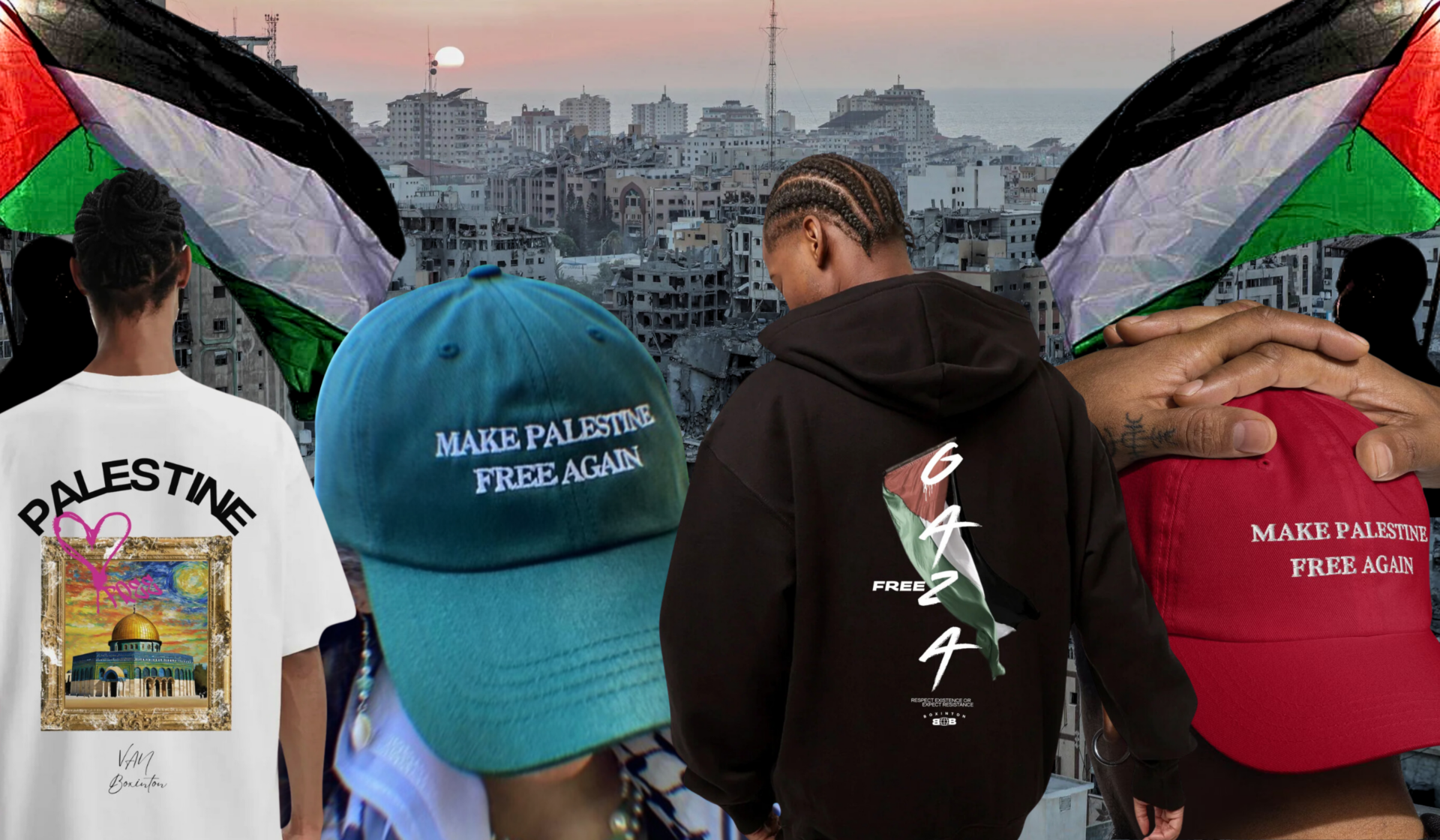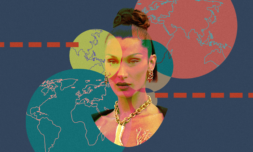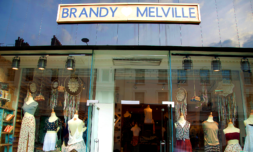Fashion companies using the emblems or slogans of social justice movements to sell clothing is nothing new. With support for the Palestinian cause growing globally, are brands treating the conflict as an opportunity to make sales?
What happens when supporting a cause becomes ‘cool’? More often than not, companies move to swiftly capitalise on it.
There are a few examples of this in recent decades, but one that sticks out is the corporate hustle that took place during the Black Lives Matter movement of 2020.
We watched from our homes as brands scrambled to create campaigns and establish collaborations with Black creatives, athletes, and other famous figureheads to try and signal their alliance with the cause.
In the worst cases, these attempts were a clear case of virtue signalling. In the best cases, long-overdue corporate restructuring came out of the shake up. Whether these changes have stuck almost half a decade later is an important question for a future article.
At the moment, a similar situation seems to be unfolding. Israel’s relentless attacks on Gaza have seen public support for the Palestinian cause grow. The situation is becoming increasingly dire by the day, as disease and famine spreads in Gaza, with nearly 42,000 Palestinians killed and a further 95,000 wounded by the Israeli Defence Forces.
Action For Humanity, one of the leading NGOs working in Gaza and consulting policymakers in the UK, found that 59 percent of people they surveyed believed Israel was committing human rights abuses in Gaza. Only 12 percent felt this was not the case.
As mainstream news media continues to shy from taking a firm stance on the conflict, everyday people feel the need to outwardly express their support for Palestinians as they are further oppressed by the humanitarian catastrophe we’re witnessing in real-time.
Fashion, as it turns out, has become a key mechanism for people to do so.
View this post on Instagram





















